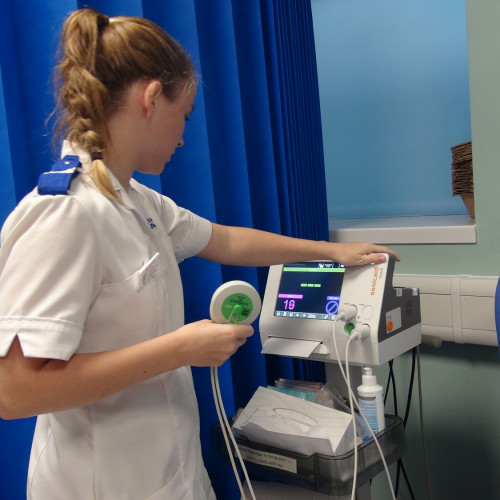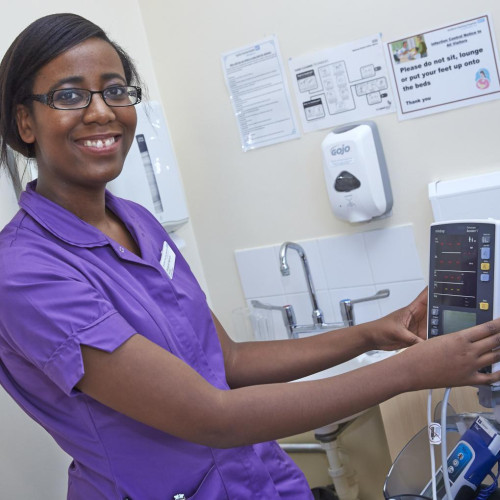Roles within midwifery
Midwives are the experts on childbirth and their day-to-day role includes supporting women during labour and the birthing process, providing full antenatal care, such as parenting classes, clinical examinations and screenings, as well as teaching new and expectant mothers how to feed, care for and bathe their babies.
Newly qualified midwives in the NHS earn around £30,000 a year, progressing up to £36,483 after 4 years’ experience. But career development opportunities mean as a team leader a midwife could earn up to £44,962 and as a consultant midwife, up to £85,601.
There are many opportunities to progress your career in clinical practice across Humber and North Yorkshire. For example, in specialist midwife roles in perinatal mental health or public health, education, practice education, research, leadership and management, clinical governance and supervision.
For additional information on jobs, education and training in health and social care across Humber and North Yorkshire please visit the Careers Hub.
As a registered midwife you will mainly deal with pregnant women requiring professional support and advice. You are likely to be the lead health professional and contact for a woman, providing evidence-based information and helping her make informed choices about the options and services available throughout her pregnancy.
You will provide full antenatal care, including parenting classes, clinical examinations and screening, identify high-risk pregnancies, monitor women and support them during labour and the birthing process. You will also teach new and expectant mothers how to feed, care for and bathe their babies.
You will work with women, birthing people and families from many diverse backgrounds in different care settings providing them with emotional, physical and psychological support.
As a maternity support worker, you will:
Support Midwives: Work under the direction and supervision of a Registered Midwife.
Provide Care: Assist with routine tasks such as taking observations (e.g. blood pressure, temperature), helping with hygiene needs, and supporting feeding and infant care.
Provide Emotional Support: Offer reassurance and comfort to women, birthing people, and families.
Have an Adaptable Role: Working across antenatal clinics, labour wards, postnatal care, or community settings.
Promote Wellbeing: Help create a calm and supportive environment for childbirth and recovery
You'll help and support families with vital information about their babies' hearing.
You'll working on neonatal units, post-natal wards and in clinics to help identify babies that need testing and explain the screening procedure to parents


